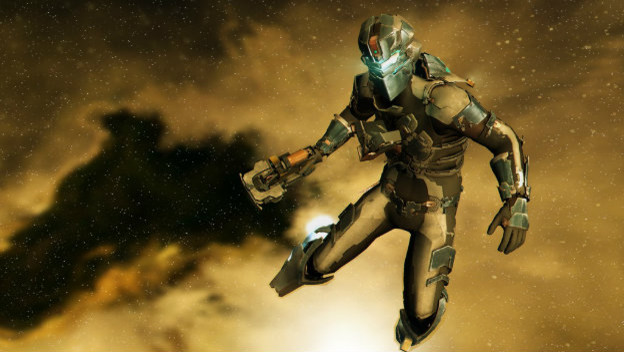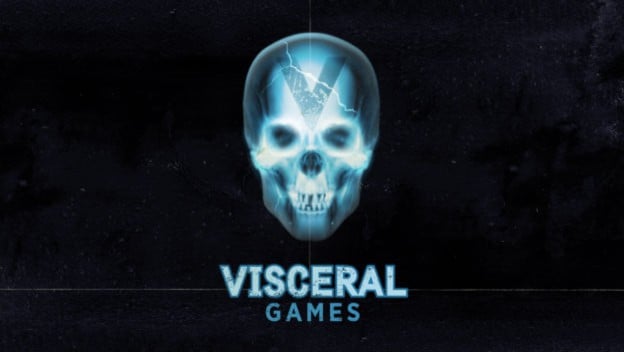EA kills developers. We already know this. It is an accepted fact. Maxis, Mythic Entertainment, Bullfrog Productions, Origin Systems, Westwood Studios, DreamWorks Interactive, Phenomic, Black Box Games, and Pandemic were all dispatched by the publisher for various reasons. Now, another beloved studio has found itself on the chopping block. With no warning whatsoever, Visceral Games, also known as EA Redwood Shores, has become the latest fatality. Why? Because of money.
See, EA is driven by profit. It doesn’t care what people say they want. Promises mean nothing. This means a developer known for good, original, and promising games can just go away in an instance if it means EA can try and pursue a future where an online-only adventure filled with loot boxes awaits. While we deal with such sadness, let’s go over who Visceral Games was, what made them great, and what we will be missing now that it is gone.
First, Visceral Games wasn’t always called by that name. When it was founded in 1998, it was EA Redwood Shores. It started out as nothing really special. Its debut title was Future Cop: LAPD , a game that didn’t sell well, but was mostly solid. From there, it mostly put out games based on existing properties. There were plenty of 007 , The Lord of the Rings , and Tiger Woods PGA Tour titles in its past. While The Godfather was an early opportunity to do something a little more creative and original, it was 2008’s Dead Space that put it on the map. (Though you know we’ll never forget those first two MySims games!)
Dead Space is an incredible IP, one that is haunting and horrifying. With that under its belt, Visceral Games had something that helped define them and launch them into notoriety. It was also after this debut that it went from EA Redwood Shores to the name we now know and love. It also led to more Dead Space games. This IP had done well enough to inspire a series, and rightfully so. It was horrifying and engaging at the same time, providing a compelling story and twists that propelled you forward even when you might otherwise be too scared to proceed. Dead Space: Extraction , 2 , and 3 eventually followed.
This success with Dead Space apparently drew attention. It was tasked with creating Dante’s Inferno , a game based upon Dante Alighieri’s Divine Comedy canticle that featured God of War -style gameplay and was rather well received. It was trusted with Battlefield titles, one of EA’s main moneymakers, putting out Battlefield 3: End Game and Battlefield Hardline . Unfortunately, Battlefield Hardline, a game that wasn’t bad, but wasn’t as well received as Battlefield 1 , would turn out to be the last game Visceral Games would ever release.

Things seemed promising for the developer. EA had brought Uncharted’ s Amy Hennig over and tasked the studio with a Star Wars title. It was going to be a single-player action-adventure; something that surely would have been in high demand considering Star Wars’ current popularity. But all of a sudden, EA’s desire for profit struck. Market testing with its group and looks at how games like Destiny 2 performed made the company decide it wanted a game that could keep pulling in that kind attention and money. When EA talked about the reasons for this promising Star Wars single-player experience shutting down, it made sure to mention that people can totally play primarily-online games with purchases like Star Wars: Galaxy of Heroes and Star Wars: Battlefront II .
And now, people are left scrambling. Those who worked at Visceral Games may find themselves suddenly shuffled to other projects and studios or completely without jobs. Folks still reeling from the loss of Star Wars 1313 have to deal with another blow as a second promising title with Hennig, a proven creator, is snatched away. We are left to mourn and wonder why, while EA goes along on its merry way without any consequences, knowing it will probably make enough money off of Star Wars: Battlefront II’ s microtransactions and other games capitalizing on the property to get by.
Unfortunately, Visceral Games is likely another company caught in a vicious cycle. EA has a track record. It has proven its disregard for studios and willingness to toss developers aside. A year from now, maybe two, we’ll be grieving another company. Perhaps BioWare, if Anthem doesn’t please the publisher. Sadly, history keeps repeating. For now, we can only express our condolences to the people working at Visceral Games and its fans and wonder if its skull-shaped logo wasn’t some sort of unfortunate foreshadowing of things to come.
